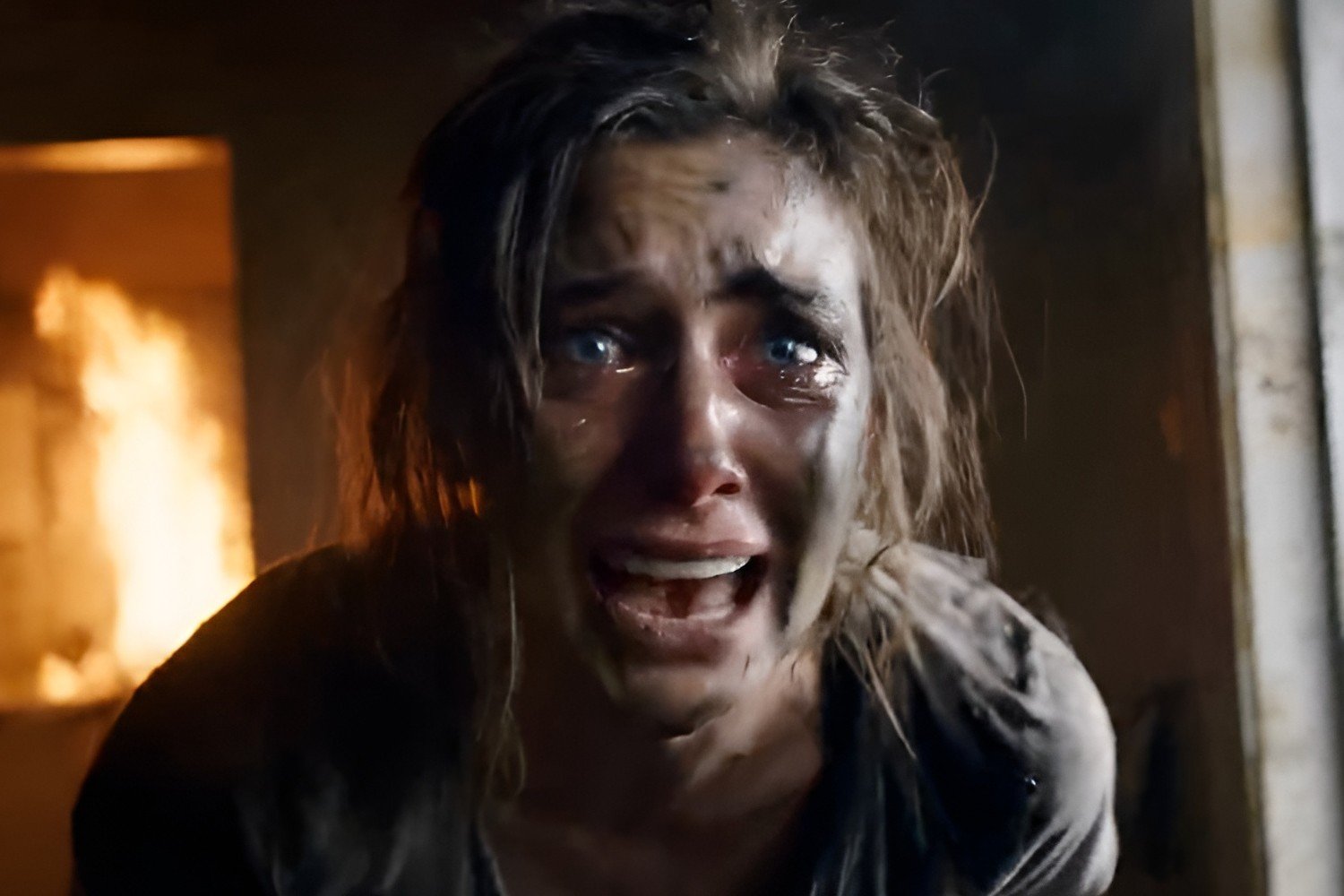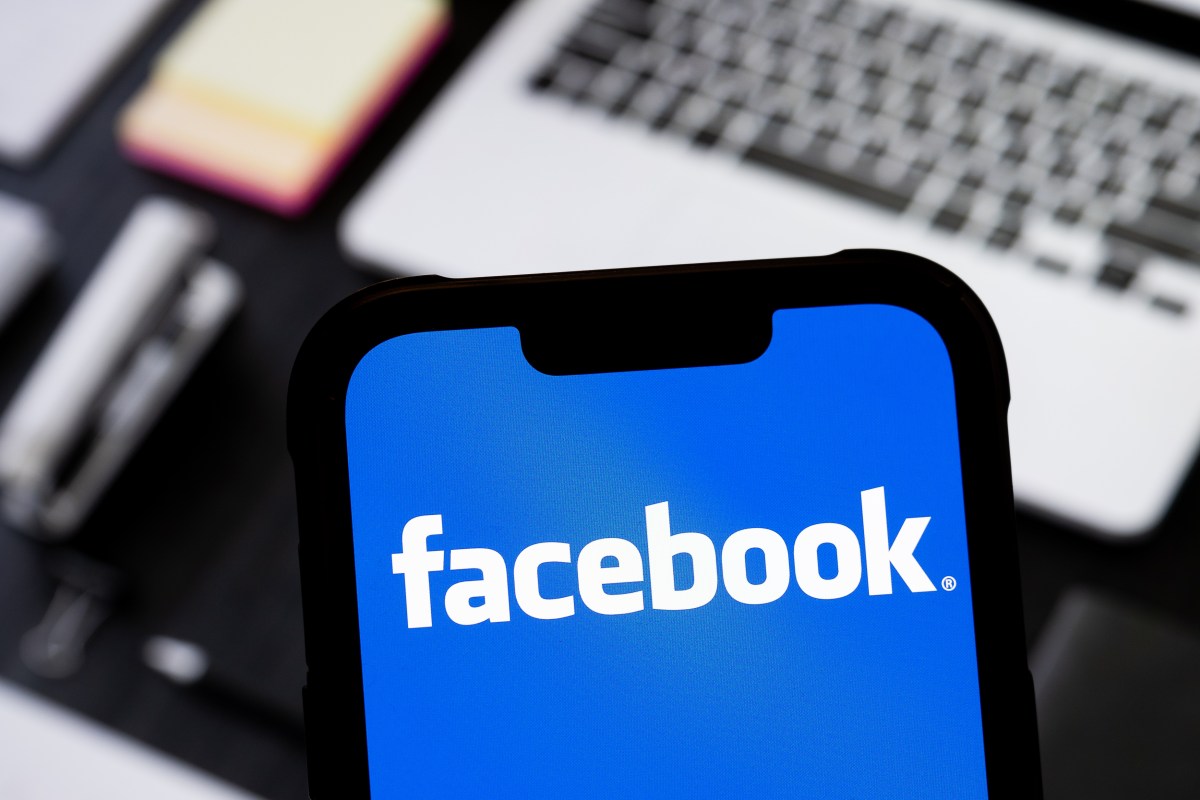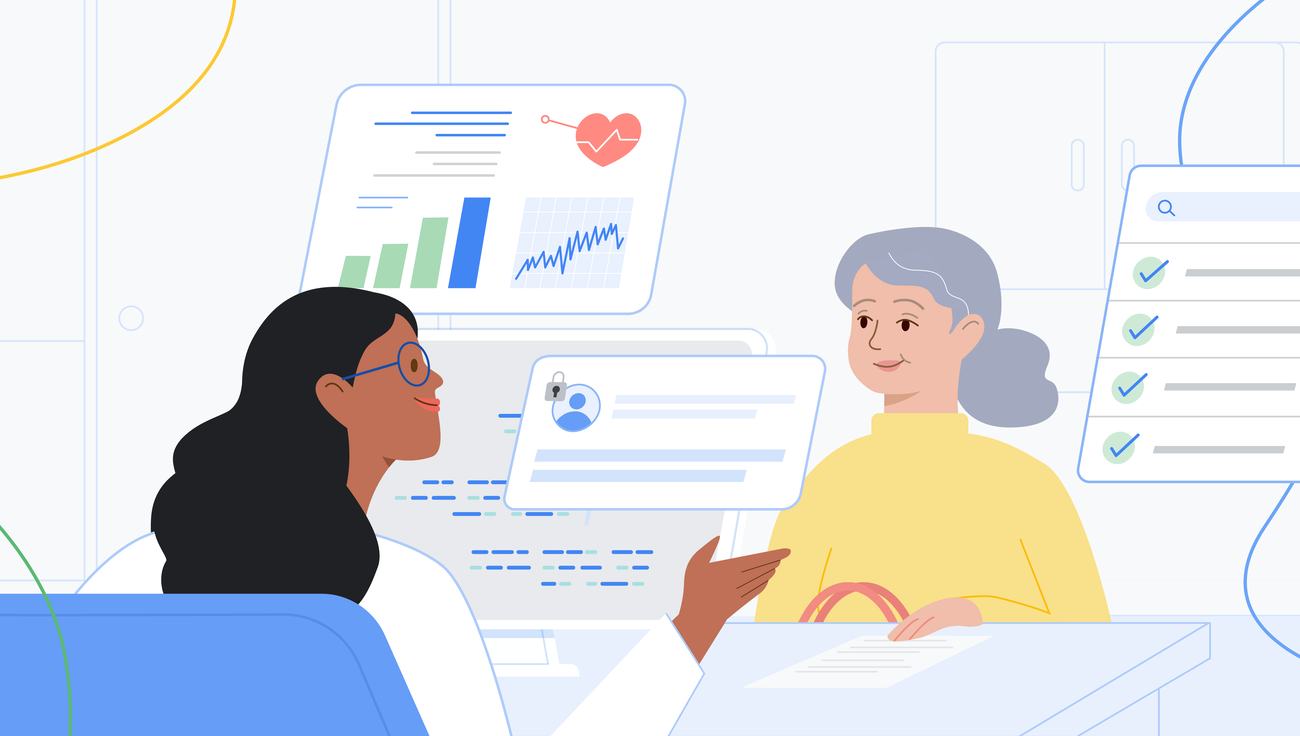The perception of generative AI varies greatly depending on who you ask, with some people viewing it as a revolutionary technology and others seeing it as an existential threat, leaving little room for a middle ground. The significant investment, exaggerated marketing, and rapid advancements in generative AI have contributed to these extreme reactions. However, the issue goes beyond the economic and technical aspects, as it also raises philosophical concerns that are pushing some individuals to the edge.
People are having mental breakdowns over Veo-3 pic.twitter.com/ym5oZDYZGr
— Chubby (@kimmonismus) May 27, 2025
Google’s latest video generation model, Veo 3, has sparked intense discussions. As previously reported, Veo 3 is capable of generating convincing videos, deepfaking YouTube content, and potentially disrupting the gaming industry. These advancements have not gone unnoticed, and some individuals are expressing concerns about the implications.
A recent thread on the subreddit r/artificialintelligence, titled “VEO3 is kind of bringing me to a mental brink. What are we even doing anymore?” showcases the anxiety surrounding Veo 3. The author questions the value of human creativity in a world where AI can generate high-quality content. “Actors as a concept are gone? Manually creating music? Wallpapers? Game assets? Believing comments on the internet are from real people? AI edited photos are just as real as the original samples? Voicenotes can be perfectly faked?… Literally what value is being left for us?”
The reactions to the thread are mixed, with some suggesting that the author should reevaluate their priorities, while others share similar concerns about the impact of AI on creative industries. The consensus among those who agree is that AI-generated content will overwhelm the market, making it challenging for human creators to stand out.
I fall somewhere in between the two camps. While I believe that AI-generated content will become more prevalent, I also think that human creativity and originality will continue to have value. The key difference between AI-generated content and human-created art is that the latter has substance and meaning. Currently, generative AI can only remix and repeat existing ideas, lacking the depth and emotion that human artists bring to their work.
I experimented with Google’s #Veo3. Imagine if AI characters became aware they were living in a simulation! pic.twitter.com/nhbrNQMtqv
— Hashem Al-Ghaili (@HashemGhaili) May 21, 2025
Although AI may be able to mimic certain aspects of human creativity, it lacks the emotional depth and connection that human art provides. While studios may try to replace human crea
Source Link





